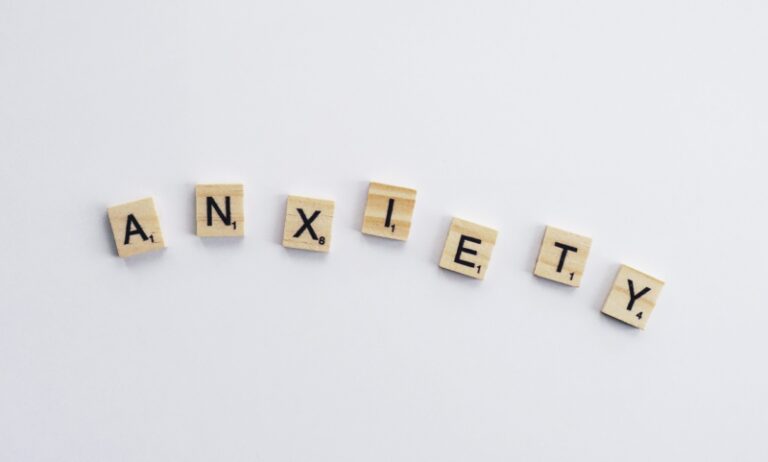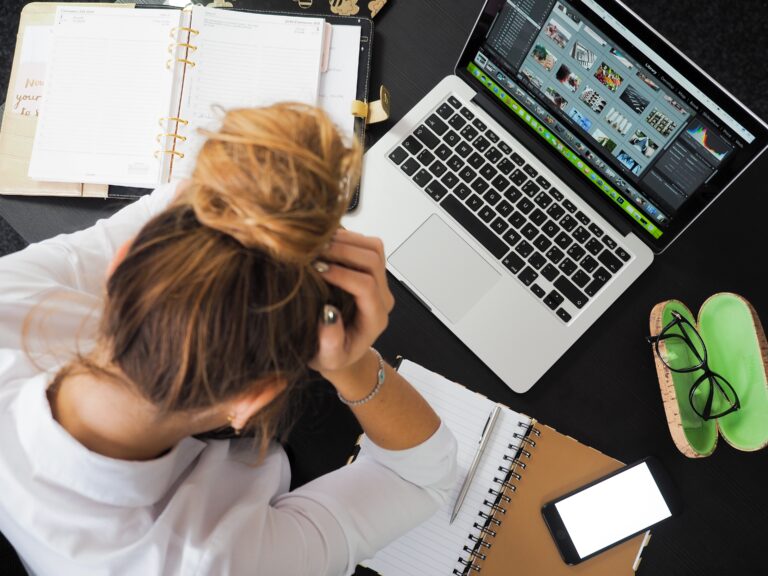Anxiety Attacks: What They Are and How to Stop Them
Anxiety attacks can be overwhelming and difficult to deal with, but there are strategies you can use to manage them. An anxiety attack is a sudden feeling of intense fear that is accompanied by physical symptoms such as rapid heart rate, sweating, shaking, and difficulty breathing. While the cause of an anxiety attack can vary from person to person, it’s important for those who experience them regularly to know how to identify triggers and take steps to stop the episode in its tracks. In this post we will discuss what causes anxiety attacks and provide tips on how to cope with them both in the moment and over time.
What is an Anxiety Attack?
An anxiety attack is when you suddenly feel very scared and your heart beats faster. You might also sweat, shake, or have trouble breathing. It can be overwhelming and difficult to deal with, and can sometimes feel like the attack comes out of the blue. Anxiety attacks can last for several minutes or longer, and the physical symptoms can be intense.
What Causes an Anxiety Attack?
The cause of anxiety attacks varies from person to person, but there are a few common triggers that can lead to an episode. Stress, fear, and traumatic events are some of the most common causes. For example, if you are facing a stressful situation such as taking an important test or giving a presentation, it is possible to experience an anxiety attack. Other triggers include excessive caffeine intake, lack of sleep, and certain medications.
How to Stop an Anxiety Attack in the Moment:
If you are having an anxiety attack, there are steps you can take to try and stop it in the moment. The most important thing is to try to stay calm and focus on your breathing. It can be helpful to close your eyes and focus on taking deep, slow breaths. You can also distract yourself from the physical symptoms by focusing on a different activity such as counting or repeating a reassuring mantra like “I am okay” or “This will pass.”
Strategies for Managing Future Episodes:
If you experience anxiety attacks regularly, it is important to develop strategies for managing future episodes. Building healthy coping mechanisms such as mindfulness meditation and cognitive behavioral therapy techniques can help reduce the frequency of your anxiety attacks. It is also important to eat a healthy diet, get enough sleep, and exercise regularly to help manage stress levels. Finally, if you are feeling overwhelmed or struggling to cope with your anxiety attacks, it can be beneficial to reach out to a mental health professional for additional support.
How Therapy Can Help
Therapy can be an important part of managing and preventing anxiety attacks. A therapist can help you identify triggers for your anxiety attacks, as well as develop healthy coping mechanisms to prevent them from happening in the future. Cognitive Behavioral Therapy (CBT) is a popular form of therapy used to help people manage their anxiety by learning to recognize and re-frame the negative thoughts and feelings associated with anxiety.
Benefits of Therapy
Therapy can be a beneficial tool for those struggling with overwhelming anxiety and anxiety attacks. Working with a therapist can help individuals become more aware of their thoughts, feelings, and physical symptoms associated with an anxiety attack. A therapist can provide insight on how to recognize triggers and develop coping strategies to manage anxiety in the future. Additionally, therapy can provide a safe and supportive space to talk about difficult emotions, experiences, and worries, which often helps reduce anxiety attacks.
Take The First Step
Lisa Eaton Therapy uses a personalized approach to helping individuals manage and prevent anxiety attacks. Through our unique blend of Cognitive Behavioral Therapy (CBT), mindfulness meditation, and other evidence-based strategies, clients can learn to identify triggers for their anxiety attacks and develop healthy coping mechanisms to reduce their frequency and intensity.




